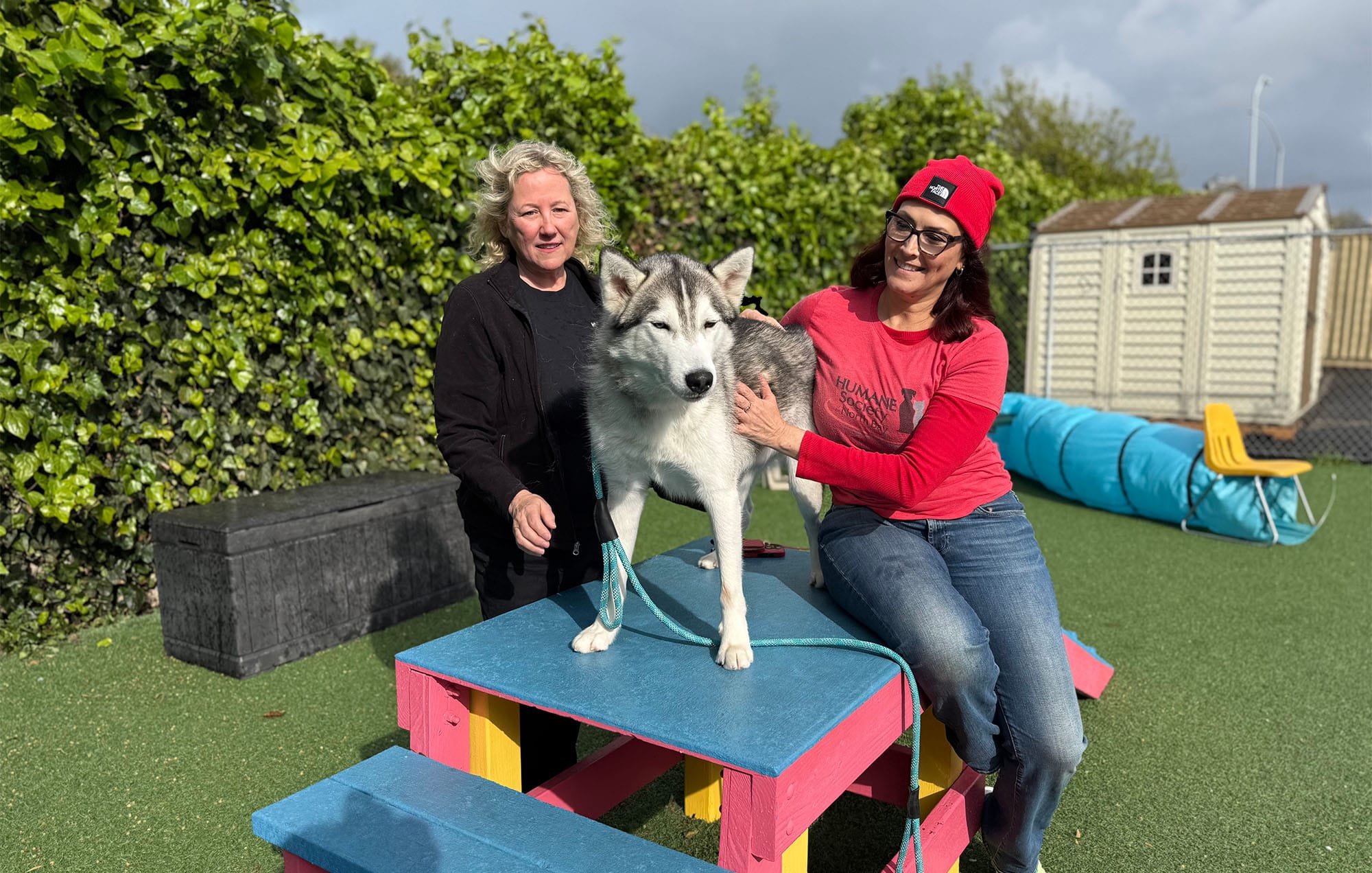VALLEJO – The Vallejo Police Department uses cell phone tracking technology far more frequently than other Bay Area police departments, according to usage statistics that Vallejo police presented to the city’s Surveillance Advisory Board on Thursday.
Vallejo police have used their cell site simulator 73 times from 2020 through 2022. In contrast, the Alameda County District Attorney’s Office used the technology only six times during the same years, according to Alameda County DA reports. The Alameda County DA’s Office accesses the simulator on behalf of other county law enforcement agencies, including Oakland and Fremont, which are much larger cities than Vallejo.
Number of Cell Site Simulator Deployments
“Vallejo’s usage by comparison is definitely on the high side,” said director of research for digital rights group Oakland Privacy Mike Katz-Lacabe. Alameda County agencies serve a population more than 13 times larger than Vallejo.
The cell site simulator acts as a cell tower and cellular devices within range connect to the simulator as if it was part of the cellular network. By intercepting this signal information, the simulator can detect the location of a specific cellular device.
Cell site simulator hardware also has the capability to intercept text messages and phone calls but California law prohibits state and local agencies from using the technology for this purpose, according to Katz-Lacabe. Recent models, including the one used by Vallejo police, employ software restrictions that do not allow users to listen to calls or read text messages, he said.
The Vallejo police cell site simulator policy requires a search warrant before the device can be used except in an emergency involving danger of serious injury or death. Emergency activation of the device requires the department to obtain a warrant within 72 hours of using the equipment.
The surveillance advisory board was established by Vallejo City Council in 2021 in the wake of a lawsuit over the City Council’s decision to purchase the cell site simulator. Oakland Privacy and the Electronic Frontier Foundation sued the city for not providing an opportunity for public input in creating a policy for appropriate use of the technology.
After the judge issued a ruling in favor of Oakland Privacy and the EFF, they pressed the city to create the advisory board to allow for more public input on the city’s surveillance technology policies.
At Thursday’s surveillance board meeting, Vallejo police Lt. Sanjay Ramrakha also presented usage numbers for drone deployments and statistics on the city’s automated license plate readers (ALPR).
According to Ramrakha, the department's surveillance drones were deployed 38 times in 2022. Board member Phillip Balbuena asked that the next report include the locations where each drone deployment takes place.
Ramrakha said that from Jan. 1 to April 30, the department used the city’s ALPRs to recover 34 stolen vehicles, to make 33 arrests and to identify suspects in 61 cases.
The ALPRs alerted the department to 1,560 stolen license plates, 316 stolen vehicles, 27 vehicles involved in a felony, and 33 vehicles of interest. The system recognized a total of 23,599 vehicles that were on the LPR “hot list,” which includes vehicles of interest from multiple agencies and jurisdictions.
Surveillance board member Andrea Sorce asked Ramrakha if the Flock license plate readers collect data on every vehicle that passes by the reader or if it only collects data on vehicles that have been entered into the system by law enforcement agencies as vehicles of interest.
Ramrakha said that the system only collects data on vehicles that have been entered into the system. Flock’s policy says that license plate data is stored for a maximum of 30 days.
Board member Simon Lee brought up the Vallejo Sun’s report on the department's sharing of ALPR data with out-of-state agencies and asked if that data sharing was intentional.
Ramrakha said that he is not aware of any out-of-state data sharing by the Vallejo Police Department. But he confirmed that out-of-state sharing is illegal and against the department’s policy.
Vallejo PD’s Flock Safety transparency portal still lists two federal agencies that Vallejo police have a data sharing agreement with, the U.S. Marshals Service and the U.S. Postal Inspection Service. Dave Maass, Director of Investigations for the Electronic Frontier Foundation told the Vallejo Sun in March that data sharing with these two agencies is not in compliance with California law.
The city’s new gunshot detection system was also among the surveillance technologies reviewed by the board at Thursday’s meeting, but Ramraka said that the system is not working.
In December, the City Council overruled the Surveillance Advisory Board (SAB) and approved an offer from surveillance company Flock Safety to beta test their Raven gunshot detection system for a year before deciding if the city would like to purchase the equipment. Ramrakha said that Flock technicians will examine the equipment to determine what the problem is.
Flock’s offer was to provide 80-100 of the detectors to be used with the 94 Automated License Plate Readers that the city already contracts with Flock to provide.
The gunshot detection system uses AI technology to learn from data collected in other cities where the technology is already in use and it will continually improve its accuracy as it learns the sound signatures specific to the local environment, according to Ramrakha.
Before you go...
It’s expensive to produce the kind of high-quality journalism we do at the Vallejo Sun. And we rely on reader support so we can keep publishing.
If you enjoy our regular beat reporting, in-depth investigations, and deep-dive podcast episodes, chip in so we can keep doing this work and bringing you the journalism you rely on.
Click here to become a sustaining member of our newsroom.
THE VALLEJO SUN NEWSLETTER
Investigative reporting, regular updates, events and more
- policing
- government
- surveillance
- privacy
- Vallejo Surveillance Advisory Board
- Oakland Privacy
- Vallejo
- Vallejo Police Department
- Alameda County District Attorney's Office
- Oakland Police Department
- Fremont Police Department
- Mike Katz-Lacabe
- Electronic Frontier Foundation
- Sanjay Ramrakha
- ALPR
- Stingray
- Andrea Sorce
- Phillip Balbuena
- Flock
- Simon Lee

Ryan Geller
Ryan Geller writes about transitions in food, health, housing, environment, and agriculture. He covers City Hall for the Vallejo Sun.
follow me :




